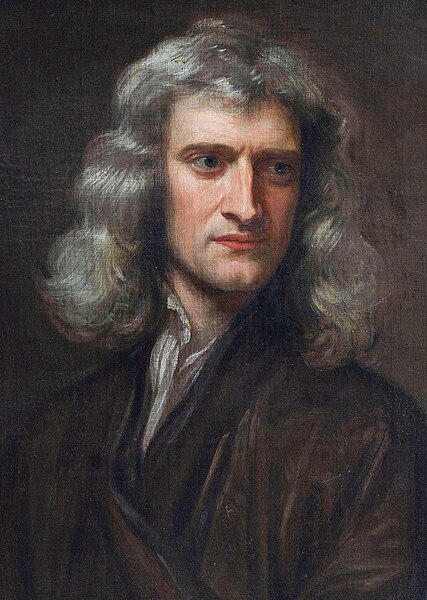In philosophy, the philosophy of physics deals with conceptual and interpretational issues in modern physics, many of which overlap with research done by certain kinds of theoretical physicists. Historically, philosophers of physics have engaged with questions such as the nature of space, time, matter and the laws that govern their interactions, as well as the epistemological and ontological basis of the theories used by practicing physicists. The discipline draws upon insights from various areas of philosophy, including metaphysics, epistemology, and philosophy of science, while also engaging with the latest developments in theoretical and experimental physics.
Time, in many philosophies, is seen as change.
Physics is the natural science of matter, involving the study of matter, its fundamental constituents, its motion and behavior through space and time, and the related entities of energy and force. Physics is one of the most fundamental scientific disciplines, with its main goal being to understand how the universe behaves. A scientist who specializes in the field of physics is called a physicist.
Ancient Egyptian astronomy is evident in monuments like the ceiling of Senemut's tomb from the Eighteenth Dynasty of Egypt.
Galileo Galilei (1564–1642) related mathematics, theoretical physics, and experimental physics.
Isaac Newton discovered the laws of motion and universal gravitation
Max Planck (1858–1947), the originator of the theory of quantum mechanics





